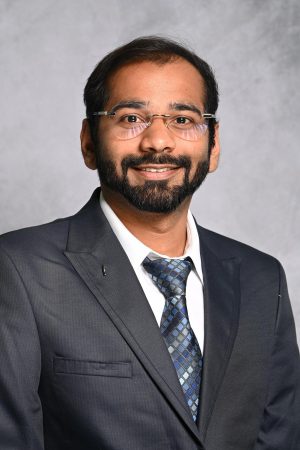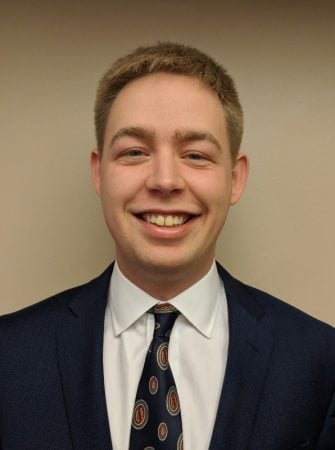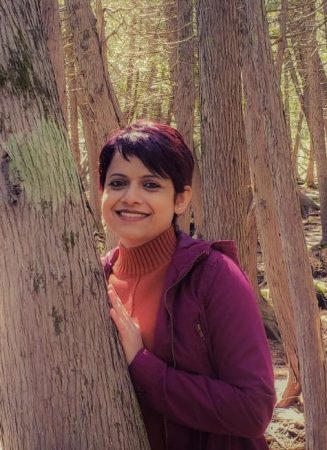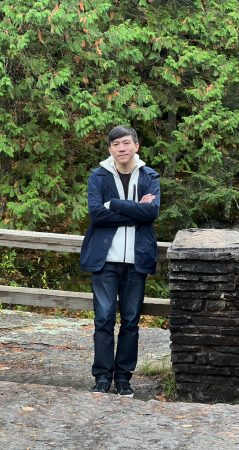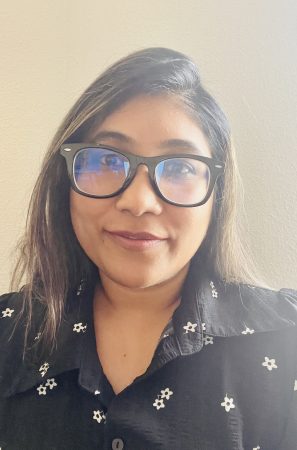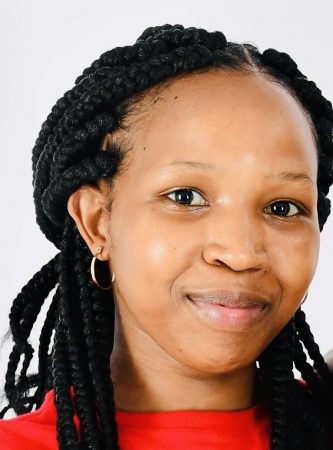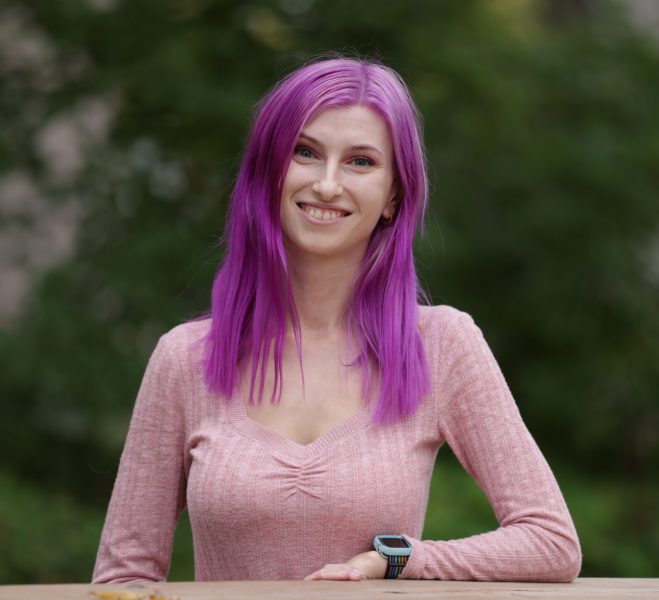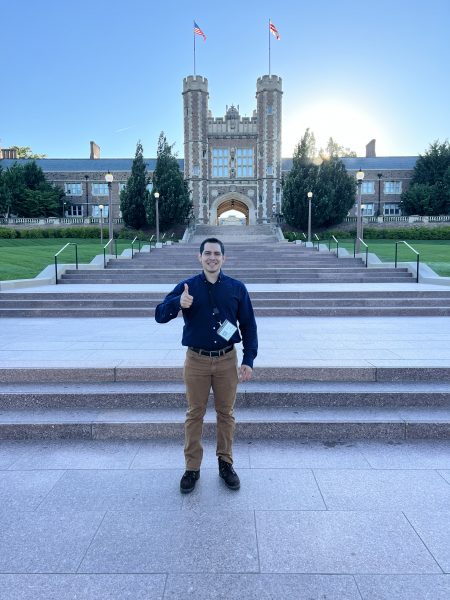With a Bachelor’s degree in Chemical Engineering from India and my commitment to never stop learning, the journey of my Master’s degree in Chemical Engineering began in August 2017 at Michigan Technological University (MTU). My passion and eagerness to learn new things led me to work voluntarily on multiple sustainability-related research projects during my Master’s degree, which also helped me in earning a Graduate Certificate in Sustainability in 2019. I soon realized that there are still a lot of things to explore and learn more about while contributing my efforts to ensure a sustainable world. With this idea in mind, the journey of my PhD in Chemical Engineering started in the Summer of 2019 in Dr. David Shonnard’s research group.
As a part of my research, we developed a systems analysis framework to identify the major plastic supply chain processes starting with production of plastics to the end-of-life management of waste plastics in the U.S. Furthermore, it expands on evaluating and optimizing the supply chain processes to minimize the environmental impacts such as greenhouse gas emissions and energy consumption of the entire system. My research also identified different types of commercially existing and newly emerging advanced or chemical recycling technologies for waste plastics and estimated their environmental and economic feasibility to compare against fossil-based traditional technologies that produce plastics. Additionally, our research also addressed the socio-economic impacts such as employment, revenues, and annual wage generation across the entire plastic supply chains due to increased recovery and recycling of plastics. I am incredibly grateful to work with various collaborators from national laboratories, industry partners, and different universities.
I would like to thank the Graduate Dean Awards Advisory Panel as well as the Dean for their kind recommendation to approve my Finishing Fellowship application for the Spring 2024 semester. This fellowship would allow me to dedicate my time and efforts to prepare better and achieve my final PhD research goals. I would also like to thank my advisor Dr. David Shonnard for his continuous support and guidance throughout my PhD journey. His timely advice has not only helped me to develop critical research skills but has also contributed significantly to my personal and professional growth. I also extend my gratitude to all the faculty and staff in the department of Chemical Engineering for their teachings and assistance. Additionally, I would like to thank my family members for their never-ending support, motivation, love, and blessings. Finally, I am extremely excited about the next steps in my professional career to help build a more sustainable, circular (waste-free), and safer world!
“Passion. Hard work. Consistency. Struggle. Patience. Sky is the limit.”- Self.
Key research areas: Systems analysis, Plastics supply chain, Recycling, Life Cycle Assessment, Techno-economic Analysis, Sustainability, Circular Economy
